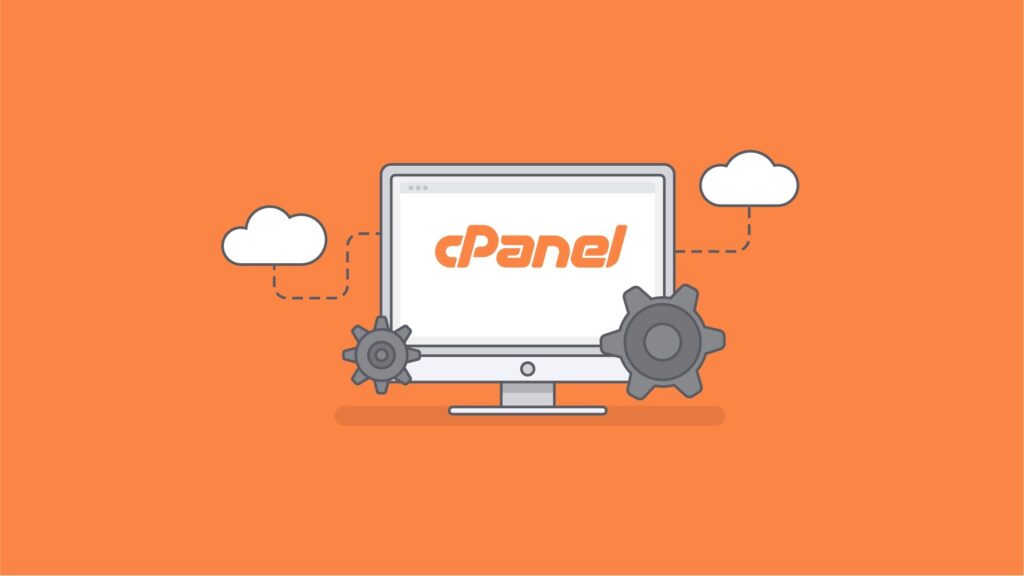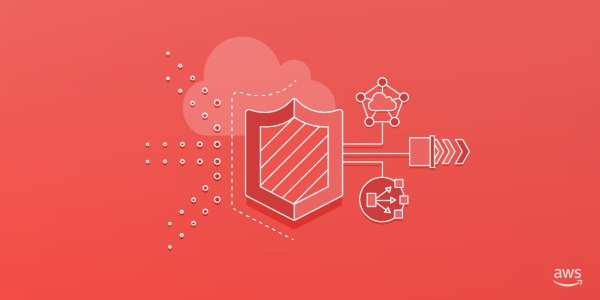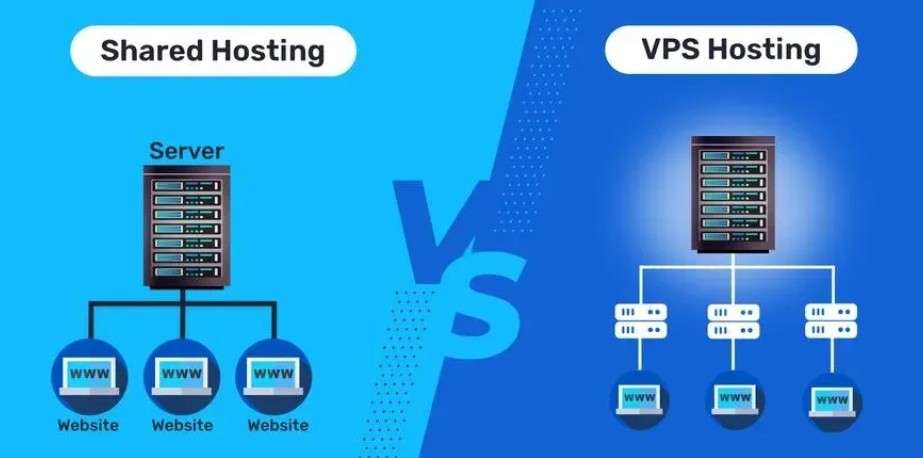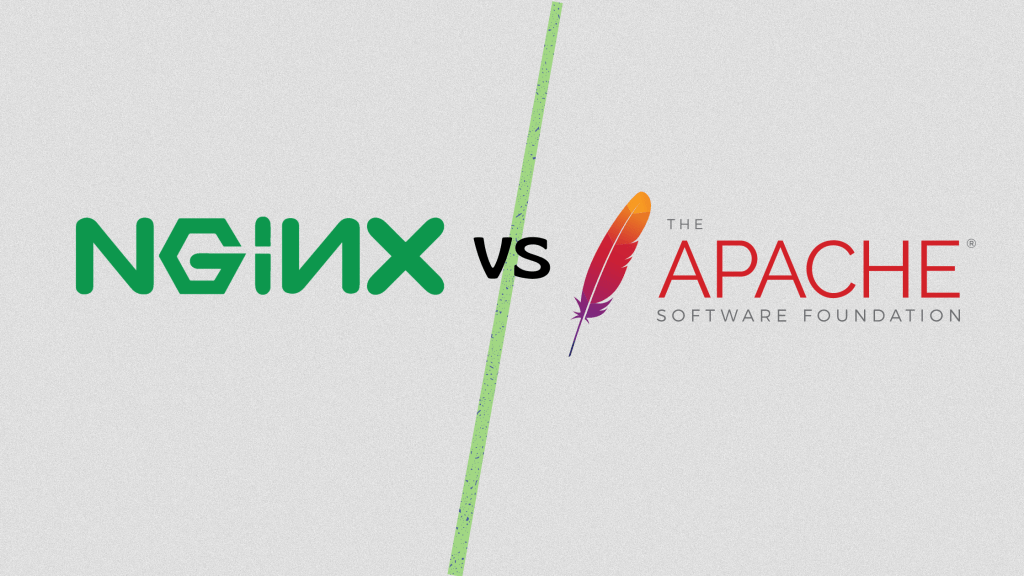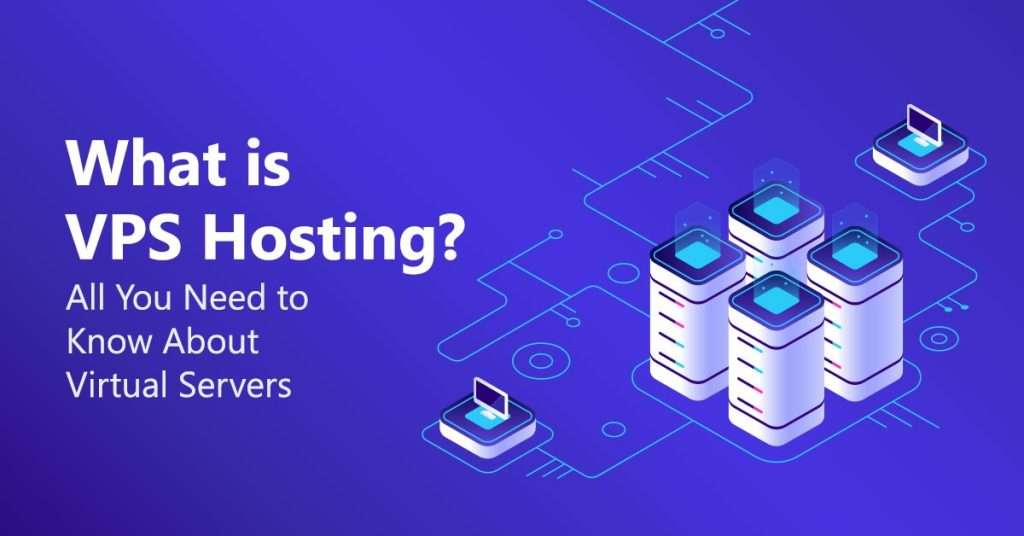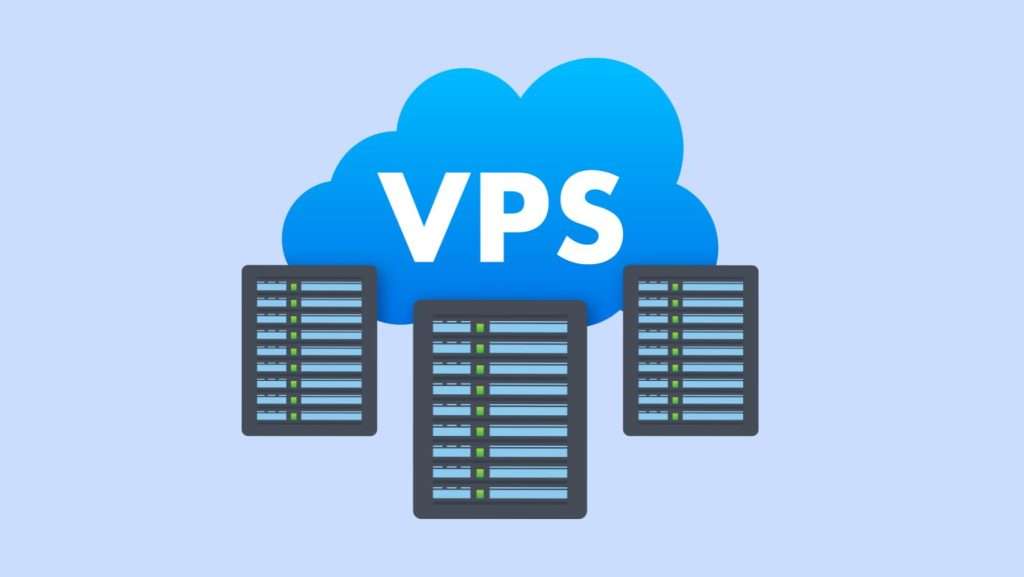How To Fix A Slow VPS Running Cpanel
Nothing is more frustrating than logging into your cPanel dashboard only to watch pages crawl to a halt. If you’re running a Virtual Private Server with cPanel and experiencing sluggish performance, you’re not alone. Many website owners face this challenge, especially as their sites grow and demand more resources. The good news? A slow VPS running cPanel isn’t a death sentence for your website’s performance. With the right troubleshooting approach and optimization techniques, you can transform your sluggish server into a speed demon that delivers lightning-fast loading times. In this blog post, we’ll look at everything you need to know about diagnosing and fixing VPS performance issues when running cPanel. Whether you’re a seasoned webmaster or just getting started with Virtual Private Server management, this article will provide you with practical solutions about how to fix a slow VPS running cPanel Understanding Why Your VPS and cPanel Are Running Slowly […]
